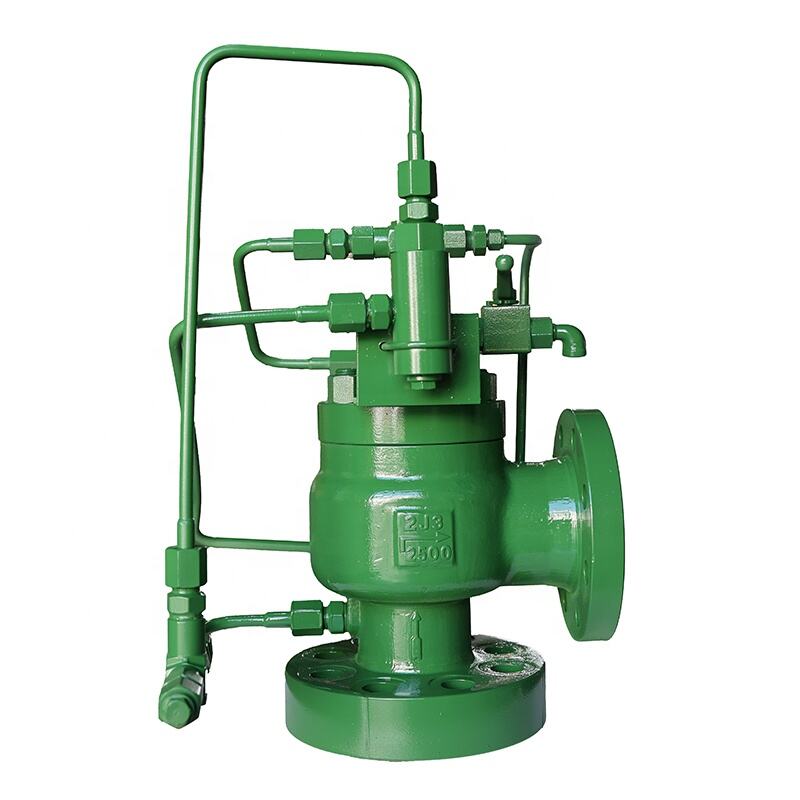פונקציית שסתום פילוט
שסתום פילוט משמש כרכיב בקרה חיוני במערכות כוח נוזלי, ככלי ת intermediary שמנהל את הפעלה של שסתומים גדולים יותר בפשטות רבה. מנגנון זה משתמש בזרימה קטנה של בקרה כדי לשלוט בתנועה של שסתומים עיקריים גדולים בהרבה, תוך הגדלת כוח הבקרה בעודו שומר על בקרה מדויקת. שסתום פילוט פועל על פי עקרונות הפרש הלחצים, כאשר זרימה קטנה של פילוט שולטת בתנועה של רכיב השסתום הראשי הגדול יותר. העיצוב הזה מאפשר פעולה יעילה של מערכות בלחץ גבוה תוך שימוש בכוח קלט מינימלי. ביישומים תעשייתיים, שסתומי פילוט הם רכיבים חיוניים במערכות הידראוליות ופנאומטיות, ומאפשרים שליטה מדויקת על זרימת הנוזל ו réglת הלחץ. הם שימושיים במיוחד ביישומים הדורשים פעולה מרחוק או סדרות שליטה אוטומטיות. הטכנולוגיה שבבסיס פעולת שסתום הפילוט כוללת עקרונות הנדסיים מתקדמים המבטיחים ביצועים אמינים בתנאי פעולה שונים. שסתומים אלו ניתן למצוא בסביבות מגוונות, ממפעלי ייצור ועד יישומים אירואונטיים, שם הם תורמים ליעילות המערכת ולביטחון בתפעול. היכולת של שסתום פילוט להגביר את כוחות הבקרה תוך שמירה על דיוק הופכת אותו לרכיב חיוני בלתי נפרד במערכות כוח נוזליות מודרניות, ומאפשרת סכימות שליטה מתקדמות שהייתה בלתי אפשרית או לא מעשית עם שסתומים пряומים בלבד.
